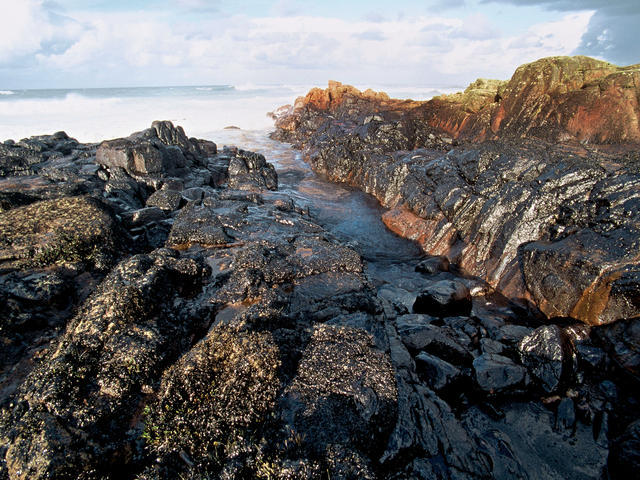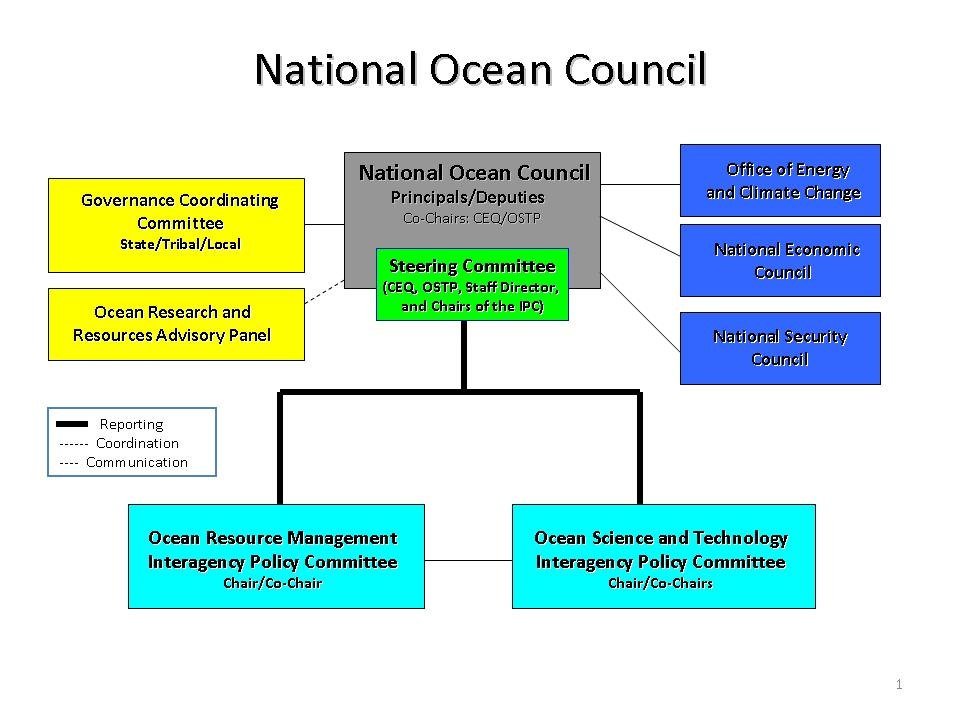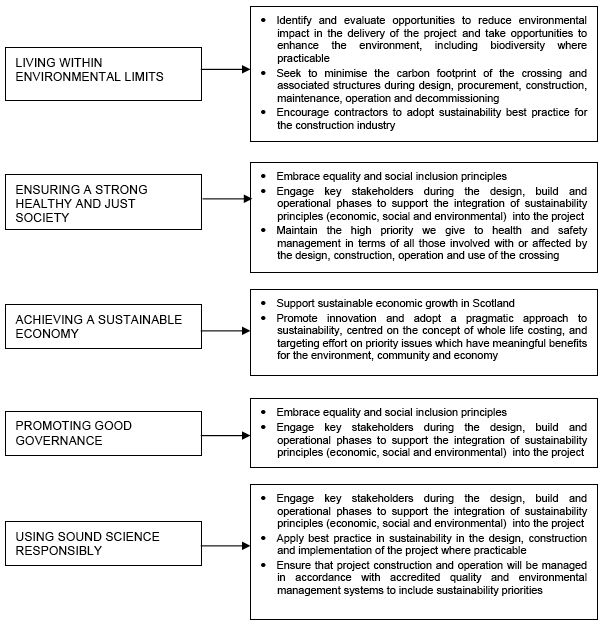One rabbit dies of overdose, a second dead from a broken back, two more rabbits found dead in restraint stocks! Over 20,000 guinea pigs used in painful experiments WITHOUT anesthesia!
To the average person the subjects of animal rights and animal welfare may seem to be one in the same; but they could not be lesser so. Animal rights is the general thought that animals should be treated as equally as their human counterparts, whereas animal welfare is the idea that we, as animal caregivers and researchers, should treat and care for animals as humanely as possible while we use them for such things as research, teaching, and or testing. ‘Animal welfare is based on the belief that animals can contribute to human welfare by providing food, fiber, work, companionship, entertainment, or by serving biomedical research or education, and humans have moral obligations to provide for the well-being of animals.”





